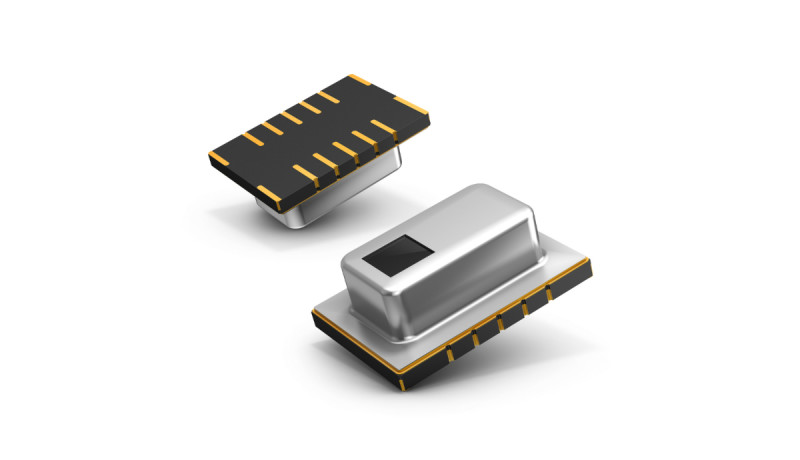Inspiring the next generation - Panasonic and element14.com launch IoT research project based on Grid-EYE Infrared Array sensor
March 17, 2017
on
on

element14.com and Panasonic Automotive & Industrial Systems Europe, together with a number of engineering schools from the UK and Germany have launched a research project looking at innovative infrared people detection software in combination with the world’s first ever surface mount thermopile sensor – the Panasonic Grid-EYE Infrared Array Sensor. Participants will be invited to document the progress of their projects on the community platform, element14.com. On completion of the projects, Panasonic and element14.com will select the entry that they consider demonstrates the highest degree of originality, innovation and technical merit. The faculty responsible for this project will be awarded a budget to spend on selected Panasonic components and equipment.
Dianne Kibbey - Global Head of Community, Social Media and Creative Services, Farnell element14.com: “At element14.com, our online community is the industry standard for electronics collaboration. We are delighted to be working with Panasonic on this initiative, which reflects our long history of facilitating innovative research projects through our STEM Academy, our regular Design Challenges and our membership of over 480,000 engineers, makers and educators. We’re excited to discover what the participating students come up with over the coming months, and we look forward to showcasing the results of their hard work on the element14 community.”
Mubeen Abbas, Product Manager, Panasonic explains that Panasonic has joined element14.com in this project in order to reduce barriers to university-industry research partnerships. He comments: “Innovation happens where ideas and experiences collide – where different branches of knowledge interact and where people with entrepreneurial skills work side by side with those who have pioneering knowledge. Cooperation between universities and industry is therefore central to driving innovation. With the explosive rise of Internet of Things (IoT) applications in a fast-changing world, we understand that working hand in hand with universities is more important than ever before.”
Dianne Kibbey - Global Head of Community, Social Media and Creative Services, Farnell element14.com: “At element14.com, our online community is the industry standard for electronics collaboration. We are delighted to be working with Panasonic on this initiative, which reflects our long history of facilitating innovative research projects through our STEM Academy, our regular Design Challenges and our membership of over 480,000 engineers, makers and educators. We’re excited to discover what the participating students come up with over the coming months, and we look forward to showcasing the results of their hard work on the element14 community.”
Mubeen Abbas, Product Manager, Panasonic explains that Panasonic has joined element14.com in this project in order to reduce barriers to university-industry research partnerships. He comments: “Innovation happens where ideas and experiences collide – where different branches of knowledge interact and where people with entrepreneurial skills work side by side with those who have pioneering knowledge. Cooperation between universities and industry is therefore central to driving innovation. With the explosive rise of Internet of Things (IoT) applications in a fast-changing world, we understand that working hand in hand with universities is more important than ever before.”
Read full article
Hide full article


Discussion (0 comments)